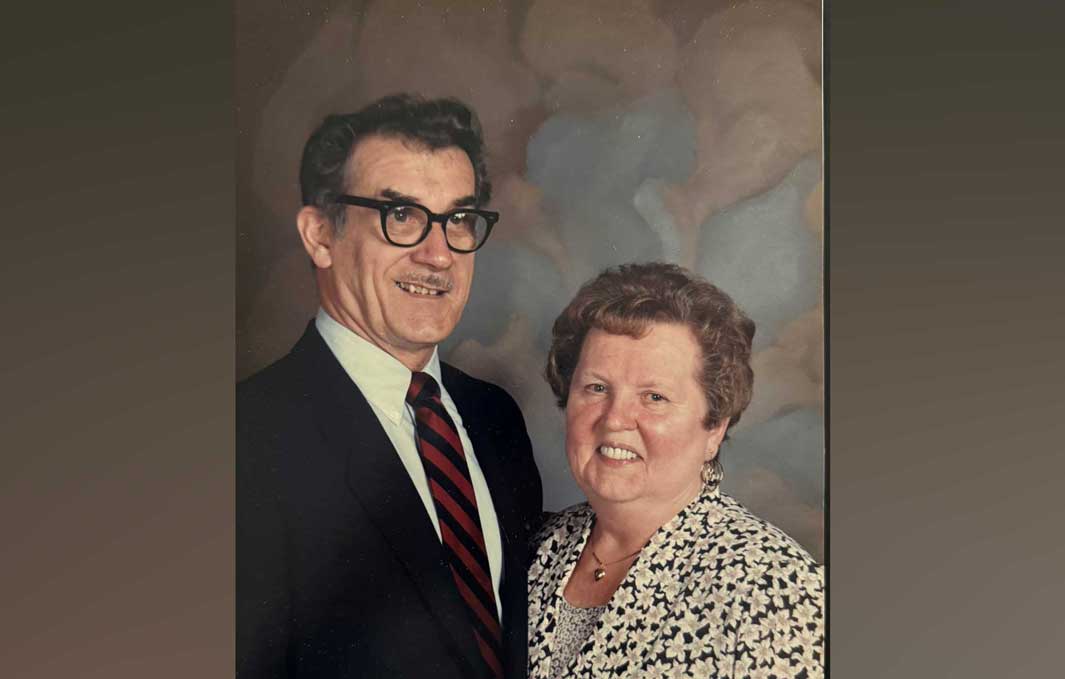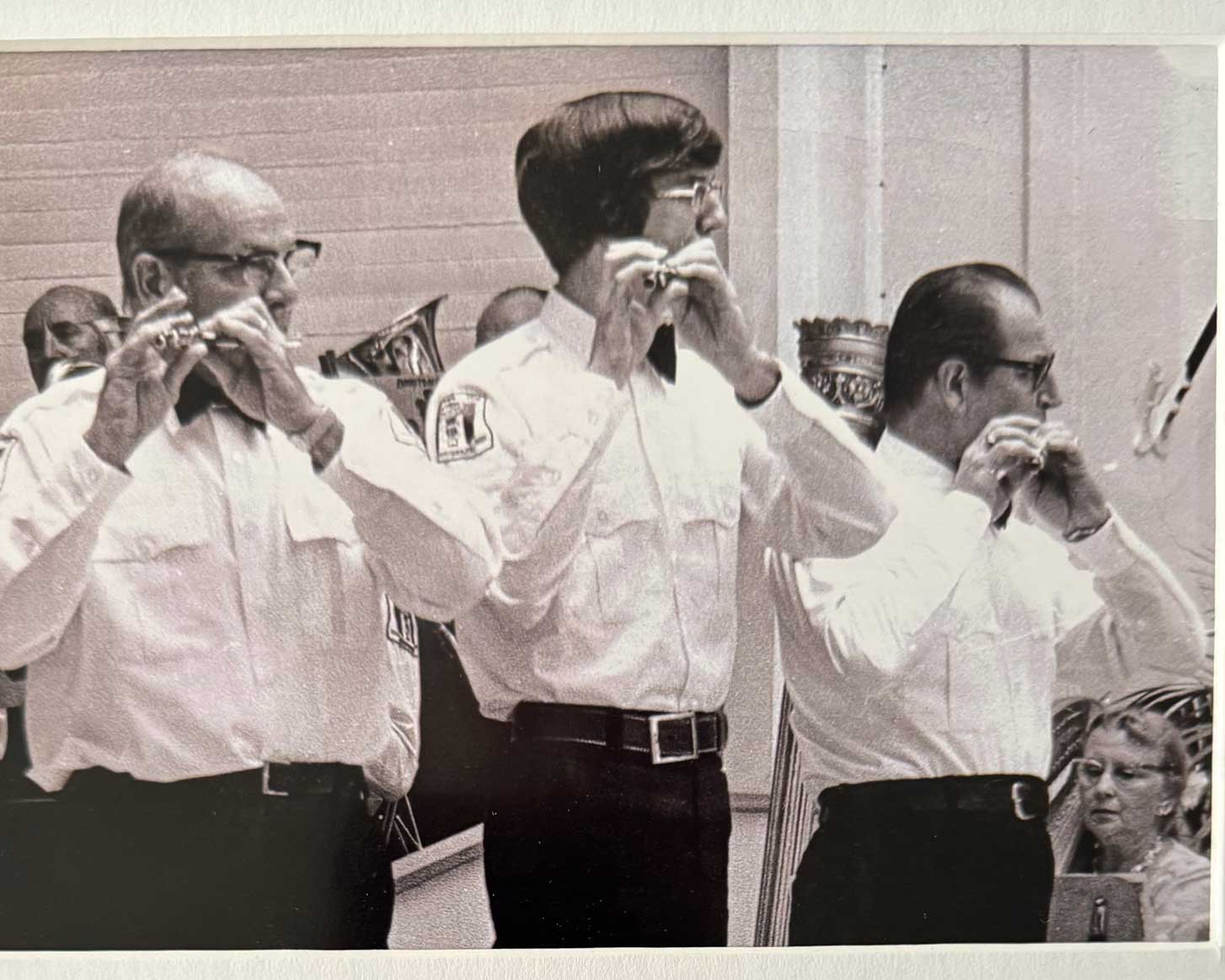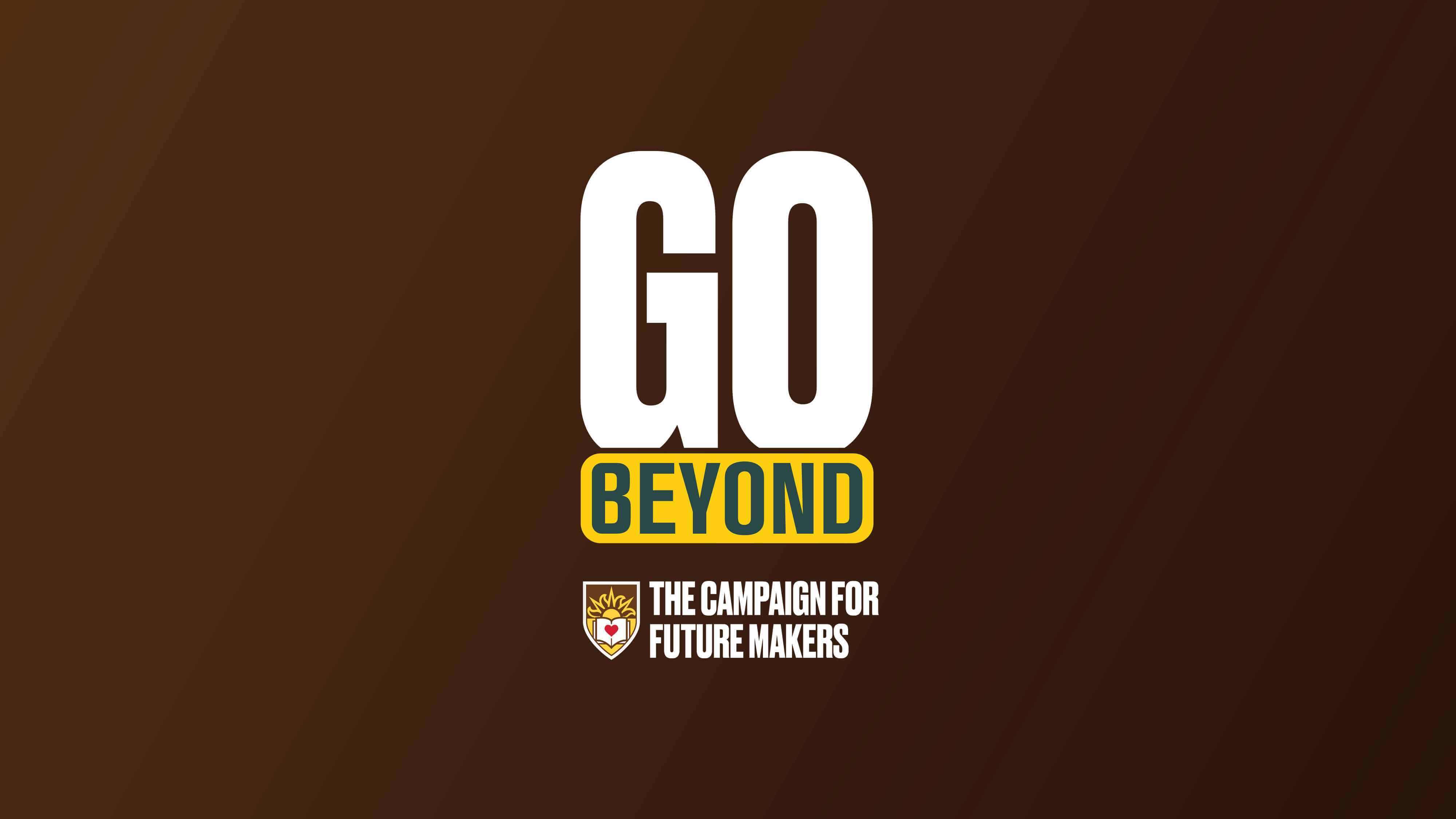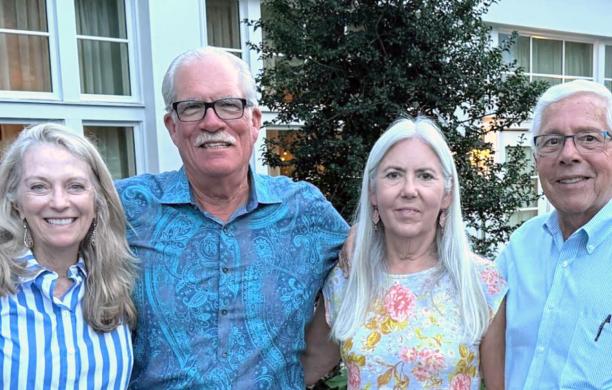Renovations to the iconic Clayton University Center (UC) at Packer Hall are creating a dynamic environment for student life while preserving the building’s historic grandeur. Thank you to all the generous donors helping to make the Clayton UC a vibrant space for everyone in the Lehigh community.

When Dr. Robert Werkman '76 was contacted about supporting the Clayton University Center at Packer Hall renovation, it brought back a flood of memories. He and his wife Susan had been discussing various philanthropic opportunities, and they wanted one that would last beyond generations. “It then occurred to me that giving to the Clayton UC made so much sense,” he says.
While new to philanthropy, Werkman could think of no other gift that would be as personal and meaningful to him as helping to restore a place that gave him a sense of belonging when he was a commuter student, or “townie,” as commuters were known. “It was at the UC,” he says, “where I felt complete as a student, where I belonged, and was a member of the undergraduate community.”
Werkman’s gift will fund the Clayton UC’s Student Center Facilities assistant director’s office. “What better way to honor the memory of my parents, Margaret and Frank Werkman, who first instilled my thirst for knowledge, education, and bettering myself,” he says. A plaque in honor of his parents will be displayed proudly on the first floor Student Center Facilities office.
A South Side Success Story

The Werkman family had deep roots in the mostly Eastern European South Side neighborhood of Bethlehem. His maternal grandparents were from Slovenia and owned a local tavern and restaurant in the South Side. His paternal grandparents immigrated from Hungary, and his grandfather was a railroad engineer for Bethlehem Steel.
Werkman’s father continued that legacy as a machinist for Bethlehem Steel, but his parents wanted something more for their son. Living only blocks away from the Lehigh campus, they knew that education would be his ticket to a successful future.
“My mother would always say, ‘Robert, your father works very hard. This is a great country, but you’ve got to be smart. You’ve got to take advantage of it, study in school, and you will do very well,’” remembers Werkman.
Werkman took her advice to heart and did exceedingly well, having a long, successful career as a doctor of gastroenterology. After earning a bachelor’s degree in chemistry, he received his M.D. at Jefferson Medical College, served as an associate professor at both the University of Tennessee and Penn State College of Medicine, and for many years had a successful medical practice in Hershey, Pennsylvania, until his retirement in 2020.
Growing Up on Campus
As long as Werkman can remember, Lehigh was an extension of his neighborhood. As a kid, he spent many hours playing with his friends on the campus. There he’d often see young men walking amidst the grand buildings with long metal “swords,” on their belts, as he thought then. “They were all engineering students, and they were carrying slide rules,” he laughs.
Lehigh athletic events were important to the South Side, especially football. “My dad and I would walk the six blocks to Taylor Stadium on a Saturday and sit on the opposing team’s side because the tickets were cheaper,” he says.
Werkman would look across the field and see all the students in the Lehigh stands, and he longed to be a part of it all, especially the Marching 97 band. “I remember thinking, ‘I wish one day I can sit on the other side,” he says.
Werkman did achieve his dream a few years later as a Lehigh student and piccolo-playing member of the Marching 97. While he was first interested in engineering because of the booming steel industry, it was chemistry and science that later caught Werkman’s main interest. “As I progressed, I did very well. I became interested in more subjects, including biology,” which led to medical school.
Finding Common Ground
Werkman’s Lehigh experience may have differed from that of traditional students who lived on campus, but that didn’t affect his success or his love of the university. Between classes, there were three main buildings that he frequented. “In Lamberton Hall with the ‘bandies,’” his marching band friends, “the Mart library (Fairchild-Martindale Library), where I’d study all night until they kicked me out,” he says. “And the UC.”
“Everyone came to the UC,” he says. “Everyone belonged. There was a cross-pollination of kids from all social stratifications.” It was at the UC where he met students from all over the country. “Having grown up in Bethlehem, it was very insular. But in the UC, I’d be talking to kids from New York City, from California, from New England, from the South,” he says. “No one questioned who you were. It was common ground.”
A Welcoming Space for Future Generations
Werkman is grateful for his education and experiences at Lehigh University, his hard-working parents, and his South Side beginnings that led to his success. He is also glad that his donation will secure a welcoming space in the Clayton UC where current and future commuter students can belong.
“Contributing to the UC is something that will be transgenerational and guides our current and future benevolence,” says Werkman. “Also, the memories of many good times I had in the UC, killing time between classes as a ‘townie!’”



